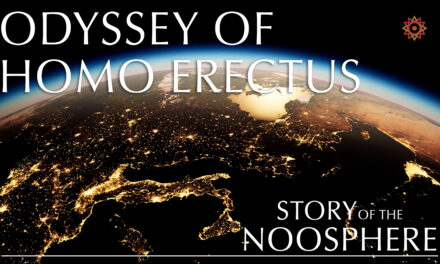The Science of Awe
Click for this Resource!
Experiencing Deeptime is to experience awe!
Here’s the beginning of this paper . . .
If you’ve hiked among giant sequoias, stood in front of the Taj Mahal, or observed a particularly virtuosic musical performance, you may have experienced the mysterious and complex emotion known as “awe.” Awe experiences are self-transcendent. They shift our attention away from ourselves, make us feel like we are part of something greater than ourselves, and make us more generous toward others. But what is awe? What types of experiences are most likely to elicit feelings of awe? Are some people more prone to experiencing awe? And what are the effects of awe? While philosophers and religious scholars have explored awe for centuries, it was largely ignored by psychologists until the early 2000s. Since then, there has been growing interest in exploring awe empirically. This has led to a number of fascinating . . . (to read more click on the link above).
*
- Used by people who call the work: Other ()
- Applies a deep time evolutionary perspective to: Other (), Religion/Spirituality
- Learning Stages: Adult Education, Higher Education, Lifelong, Secondary 9 - 12
- Type: Article
- Link to Resource: Click here
- Posted By: Jennifer Morgan
- Date Added: July 15, 2020










